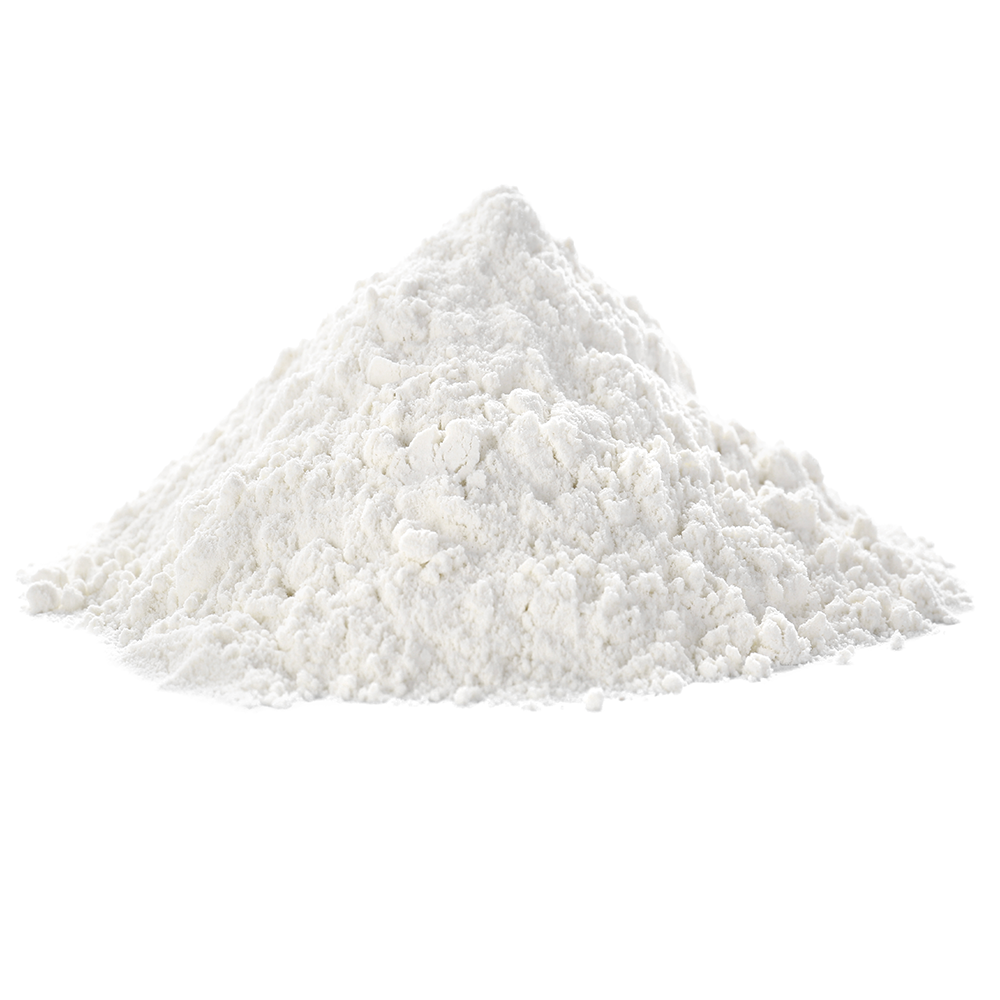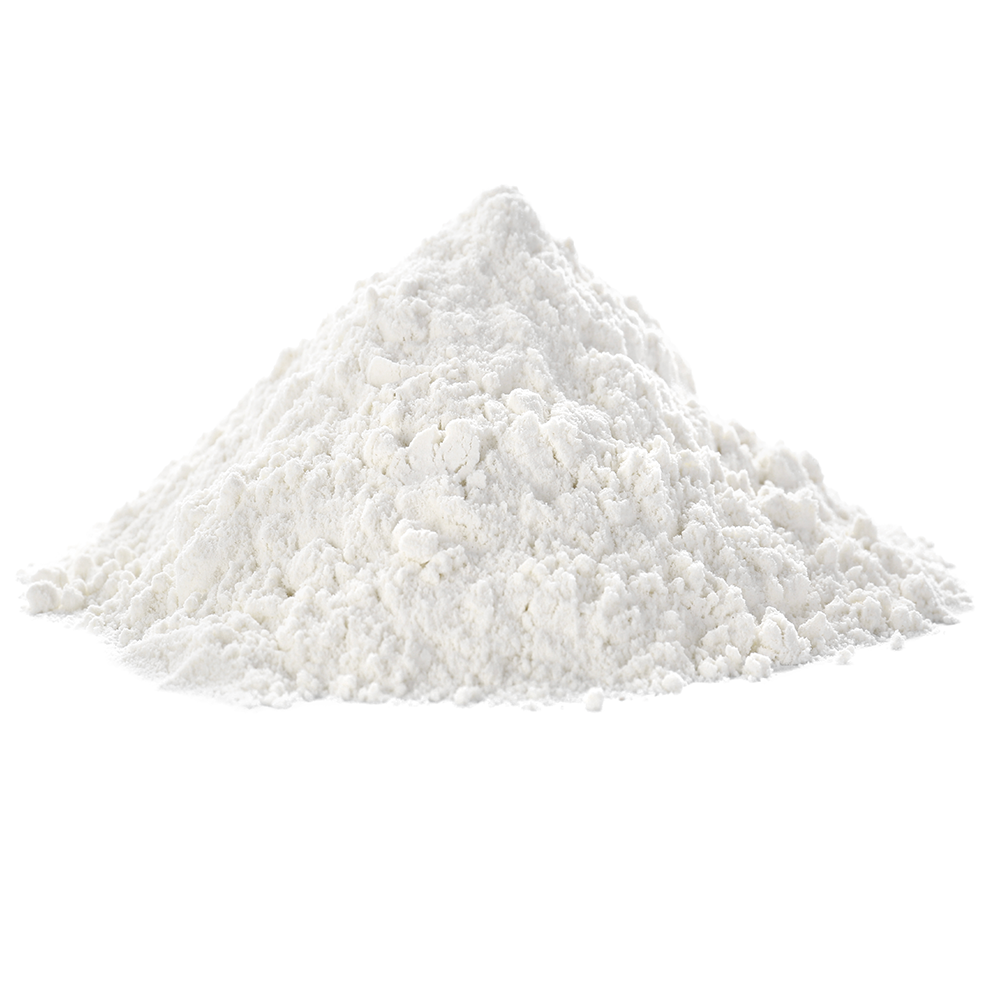For centuries Lion’s Main mushrooms’ exotic and other-worldly look has had many cultures in wonder over this shaggy mushroom belonging to the tooth fungus group. Lion’s Mane mushrooms, known as the “Mountain Priest” in Asian culture, were revered and historically reserved for royalty. With many other names such as “Monkeys Head,” “Bearded Hedgehog,” and Pom-Pom Mushroom,” Lion’s Mane can be found in the late summer and early fall in the Northern hemisphere. They are recognizable as a clump of dangling spines hanging off the side of hardwood trees. Although there are several look-a-likes of the Lion’s Mane mushroom in the same genus, none are toxic. In Japan, Buddhist monks were known to use Lion’s Mane in a powder form to improve concentration during meditation1. The history and the health benefits of this fantastic fungi are equally fascinating.
“Lion’s Mane extract has shown to reduce recovery time by 23-41%.”
It is hard to miss the Lion’s Mane mushroom, even though they lack some typical mushroom traits, such as a stem and a cap. These bright white fungi look like wild animals clinging to the side of a tree with their dangling fur-like spines. Scientific research shows that Lion’s Mane mushrooms contain various health-supporting properties. Some of the health issues that Lion’s Mane mushrooms can help with are:
- Cancer
- Alzheimer’s Disease
- Anxiety
- Depression
- Nervous System Injuries
- Ulcers
- Heart Disease2
This is quite the list of health benefits for simple fungi found in many places across the top half of the globe!
Health Benefits of Lions Mane Mushrooms
Cancer-Fighting
Research has shown that Lion’s Mane has several unique compounds which may help fight cancer cells. In a 2011 study in “Food and Function,” Lion’s Mane was tested on cancer cells and was shown to break down human leukemia cells. It was also discovered that peptides found in Lion’s Mane mushrooms might help treat lung cancer3.
A study published in the “International Journal of Biological Macromolecules” in 2020 presented research that polysaccharide HEFP-2b, a compound found in Lion’s Mane, reduced the speed of growth of colon cancer cells within a test tube. All of this research points to compounds uniquely found in Lion’s Mane that ultimately prevent or slow the growth of cancer cells in the human body4. More studies need to be conducted for conclusive results.
Relief From Depression & Anxiety
Due to Lion’s Mane’s anti-inflammatory properties, it has been shown to relieve mild symptoms of depression and anxiety. An eight-week study was performed on obese patients with mood disorders. They were given Lion’s Mane supplements for this period, and the results were impressive. The patients not only experienced decreased depression and anxiety but also improved sleep patterns. When blood samples were taken, Lion’s Mane had increased pro-brain-derived neurotrophic factor (proBDNF), a protein that has a significant role in mood and brain health3.
Aids in Nervous System Injuries
Our nervous system comprises two main parts, the central and peripheral nervous systems. The central nervous system includes the brain and the spinal cord, and the peripheral nervous system is composed of all the nerves that branch out from the spinal cord. Injuries to the brain or spinal cord can be life-altering and devastating. Paralysis and loss of mental functions can leave a person with a long journey of recovery ahead of them.
By stimulating the repair and growth of nerve cells, Lion’s Mane extract can significantly speed up recovery time for those with nervous system injuries. Lab tests on rats who were given large doses of Lion’s Mane extract immediately following a stroke reduced stroke-related brain injury by 44%. These tests have not been conducted on humans thus far, but the results in laboratory experiments give promising results4.
Assists in Brain Function
Those with mild cognitive impairment from certain types of dementia or Alzheimer’s disease may benefit from Lion’s Mane supplements. In a study published in “Phytotherapy Research” in 2009, researchers gave 30 patients with mild cognitive impairment Lion’s Mane supplements or a placebo. When tests were conducted at 12 and 16 weeks of the study, those taking Lion’s Mane showed significant improvements versus those given the placebo. It is thought that Lion’s Mane helps protect the brain against memory issues caused by the buildup of amyloid beta or “brain plaque” associated with Alzheimer’s Disease2. Again, more tests need to be conducted for conclusive results.
The list of health benefits stemming from compounds uniquely found in Lion’s Mane mushrooms continues to grow as more research is conducted involving this novel fungus. Preliminary tests are proving that taking an extract of Lion’s Mane can be beneficial in many ways, some of which have yet to be discovered.
References:
- Everything You Need To Know About Lion’s Mane Mushrooms, https://cascadiamushrooms.com/blogs/cm/everything-you-need-to-know-about-lions-mane-mushrooms#:~:text=Once%20known%20as%20the%20%E2%80%9CMountain,cognitive%20power%20by%20Buddhist%20monks.
- Health Benefits of Lion’s Mane, https://www.verywellmind.com/the-benefits-of-lions-mane-89474.
- 7 Potential Health Benefits of Lion’s Mane Mushrooms, https://www.everydayhealth.com/wellness/potential-health-benefits-of-lions-mane-mushrooms/.
- 9 Health Benefits of Lions Mane (Plus Side Effects), https://www.healthline.com/nutrition/lions-mane-mushroom.









